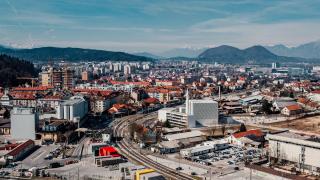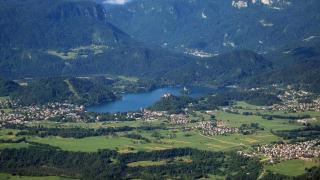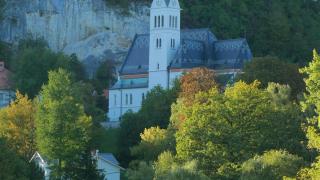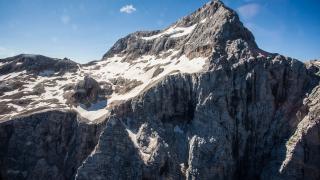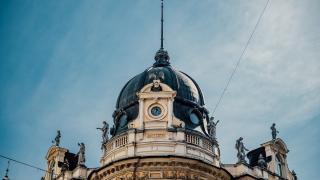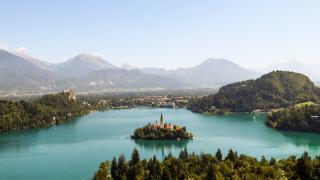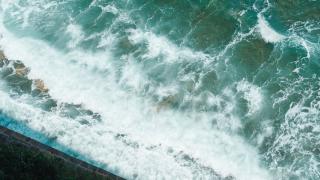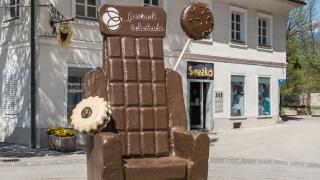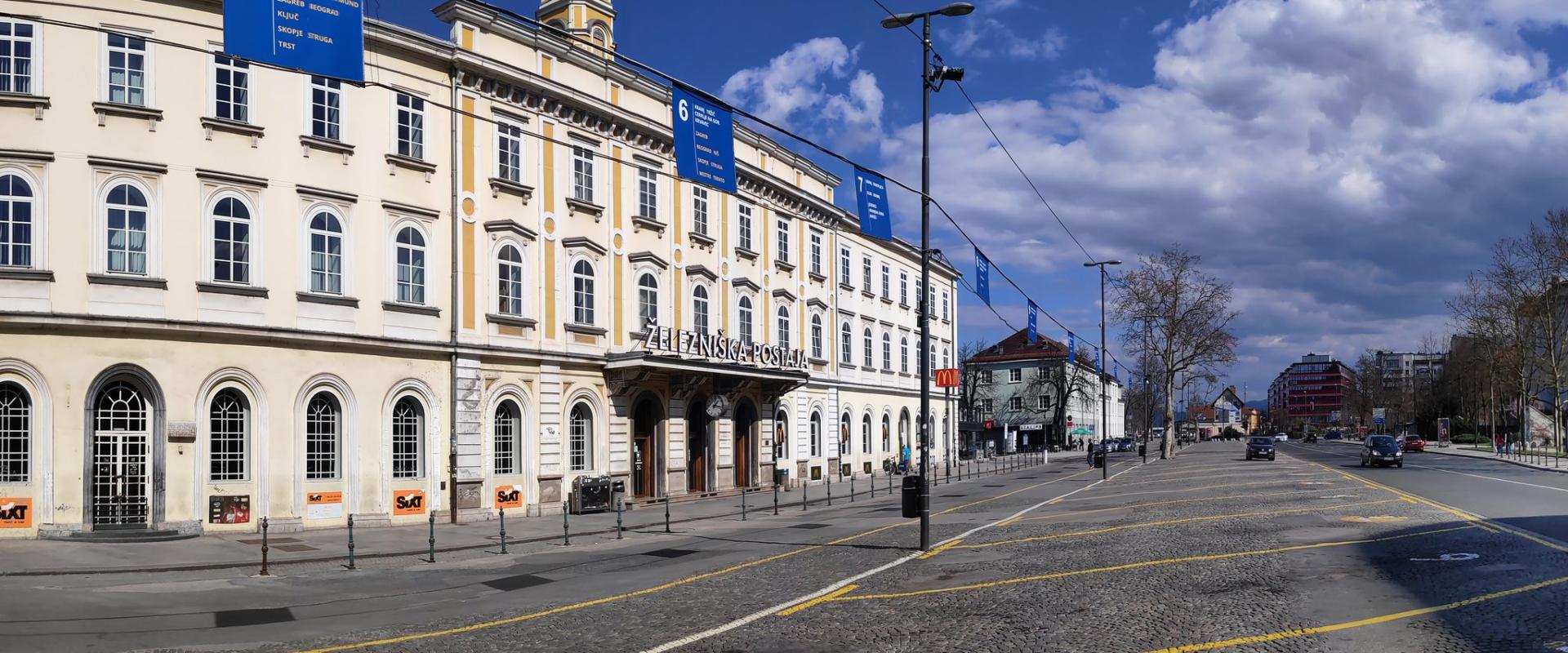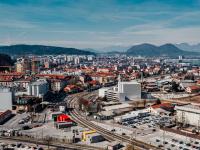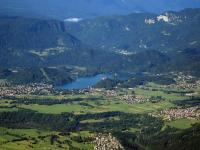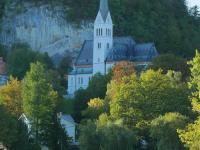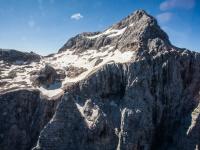Understanding Safety in Slovenia
Slovenia ranks #9 on the Global Peace Report 2024. Crime rates are among the lowest in Europe. Ljubljana, Maribor, and Bled are considered safe for tourists. Petty theft, such as pick-pocketing, can occur in crowded areas like Ljubljana’s Prešeren Square or at bus stations.
- Keep valuables out of sight, especially in public transport and markets.
- Do not leave bags or electronics in parked cars. Parking garages in Ljubljana charge from €1.20 to €2.40 per hour. Use well-lit, attended lots.
- Carry only essential cash; ATMs are widely available in city centers and at Petrol stations.
- Use hotel safes for passports and extra money.
- Avoid walking alone in Tivoli Park or quiet alleys after dark.
- Make digital copies of travel documents.
Slovenia enforces “Green & Safe” standards in hotels, restaurants, and public spaces. Hygiene is high, especially in tourist zones. While violent crime is rare, remain alert in busy areas and at night. Following these Slovenia-specific tips helps ensure a safe visit.
Staying Street Smart
Pickpocketing and bag snatching are the most common crimes in Slovenia. Incidents happen mainly in Ljubljana, especially around Prešeren Square, the Triple Bridge, and the Central Market. Tourist-heavy spots like Lake Bled and Postojna Cave also see occasional thefts.
Public transport in Ljubljana (LPP buses, train stations) is a known area for pickpockets, especially during rush hours (07:00-09:00, 16:00-18:00).
- Keep wallets and phones in front pockets or zipped bags.
- Avoid hanging bags on chairs at cafes in Mestni trg or Cankarjevo nabrežje.
- Use hotel safes for passports and extra cash. Most hotels in Ljubljana and Bled offer in-room safes at no extra charge.
- Do not leave valuables in parked cars, even for a few minutes. Car break-ins have been reported at parking lots near Tivoli Park and Vintgar Gorge.
- Carry only what you need for the day. A typical meal in Ljubljana costs €10-€15, so plan your cash accordingly.
- After dark, stick to well-lit streets in city centers. Avoid shortcuts through Tivoli Park or along the Ljubljanica riverbanks late at night.
- Make digital copies of your passport and tickets. Free Wi-Fi is available at many cafes and public squares for secure uploads.
Stay alert in crowded areas and use common sense. Most visits are trouble-free if you follow these Slovenia-specific tips.
Health & Hygiene Essentials
Slovenia enforces “Green & Safe” travel standards. Hotels, restaurants, and attractions display the green shield logo. This confirms compliance with hygiene protocols. Tap water is safe to drink throughout Slovenia, including Ljubljana, Bled, and Triglav National Park. Public fountains in cities like Ljubljana are regularly tested. Food safety is high; local markets and restaurants follow EU regulations. Pharmacies (lekarna) are widespread. Most are open 8:00–19:00 on weekdays, 8:00–13:00 on Saturdays. Emergency pharmacies in Ljubljana (Lekarna pri ZD, Metelkova ulica 9) operate 24/7. Medical care is accessible. Emergency number is 112. University Medical Centre Ljubljana is the largest hospital. EU citizens can use the European Health Insurance Card (EHIC). Private clinics charge €40–€70 per visit. In case of illness, visit a local health center (zdravstveni dom). Hand sanitizer is available in public spaces. Masks are not required but may be recommended in hospitals. Follow posted hygiene instructions at tourist sites.
Nature & Outdoor Safety
Hiking in Slovenia’s Alps and Triglav National Park requires preparation. Weather changes rapidly in the Julian Alps. Always check the ARSO.si weather forecast before departure. Marked trails use red and white Knafelc blazes. Some mountain huts (planinske koče) close from October to May. Carry a map and extra layers. Mobile signal can be weak above 1,500 meters. Mountain rescue is reached via 112. Swimming is allowed in Lake Bled, Lake Bohinj, and Soča River. Water temperatures in lakes range from 18–24°C in summer. Lifeguards are present at main beaches (e.g., Grajsko kopališče Bled, €8/day). River currents can be strong after rain. Wildlife includes brown bears (medved), vipers (modras), and ticks (klop). Bears are shy but present in Kočevje forests. Make noise when hiking in bear areas. Vipers are found on sunny, rocky slopes. Wear boots and avoid tall grass. Ticks are common from April to October, especially below 600 meters. Use repellent and check skin after walks. In emergencies, dial 112 for mountain rescue or 113 for police. Helicopter rescue is free for insured EU citizens; others may pay €500–€2,000.
Travel Smarts: Transport & Documents
Car safety in Slovenia:
- Use official car parks in Ljubljana, such as Parkirna hiša Kongresni trg (€1.20/hour).
- Avoid leaving bags or electronics visible in vehicles. Break-ins occur near tourist sites like Lake Bled and Postojna Cave.
- Roads are well-maintained. Winter tires are mandatory from November 15 to March 15.
- Toll vignettes are required for highways (weekly vignette: €16 for cars).
Public transport:
- Ljubljana city buses use the Urbana card (€1.30/90 minutes). Keep wallets secure in crowded buses.
- Night buses run on weekends. Use official taxi apps like Metro or Laguna for late-night travel.
- At train stations (Ljubljana, Maribor), watch for bag snatching, especially during busy hours (16:00–19:00).
Document safety:
- Carry a digital or paper copy of your passport and tickets. Originals can be left in hotel safes.
- If documents are lost, report to the nearest police station (Policijska postaja). Police issue a report within 30 minutes.
- Embassies in Ljubljana assist with emergency travel documents. Fees vary (€30–80).
Quick Reference: Must-Know Tips
Emergency number in Slovenia is 112 for police, fire, and medical help.
- Use the Tourist Police in Ljubljana (Trubarjeva cesta 50) for lost property or tourist issues.
- Pharmacies ("lekarna") are open weekdays 8:00–19:00, Saturdays until 13:00. Emergency pharmacy: Lekarna Ljubljana, Prešernov trg 5.
- Carry a copy of your passport and EU health card (EHIC) if eligible.
- In mountain areas, dial 112 for Gorska reševalna služba (Mountain Rescue Service).
- Avoid swimming in Lake Bled after dark; lifeguards are on duty 9:00–18:00.
- Use marked crosswalks; fines for jaywalking start at €40.
- Report lost or stolen items at the nearest police station within 24 hours.
- Tap water is safe in all regions; refill bottles at public fountains.
Final check: Save local contacts, follow posted rules, and respect local advice for a safe trip.
